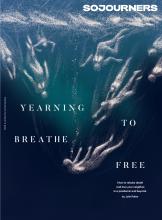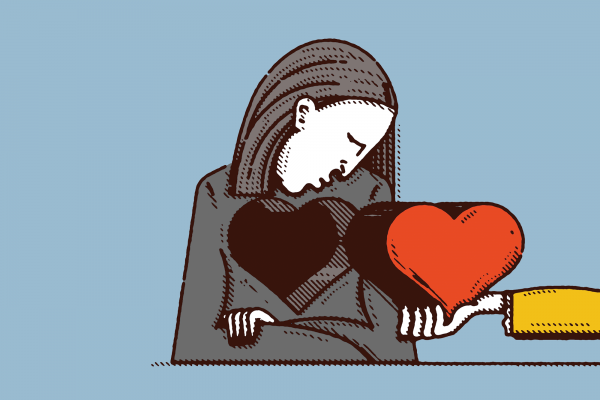WHILE WE WERE not strangers to grief before the pandemic, these months have been something of a master class. “Each person’s grief is as unique as their fingerprint,” writes grief counselor David Kessler. “But what everyone has in common is that no matter how they grieve, they share a need for their grief to be witnessed.” We are witnesses to one another’s grief.
In our witness, we must acknowledge that loss is not equally distributed. Those of us with privilege have allowed this to happen, and we have much to answer for before God; there is so much that we must work to change. And we don’t have all the time in the world.
I hear empathic grief in parents who can’t spare their children the sudden disruption of their lives and the loss of rites of passage for which they have spent years preparing. And I hear it in children of elder parents who are sick with worry, and in family members of those deemed essential workers who, by choice or compulsion, risk their lives each day. I hear it in the business owners doing everything they can to keep employees on the payroll; in teachers, caregivers, advocates, and in my fellow clergy.
Grief propels us to do whatever we can to make things better and to offer hope and meaning for those we love. Spouses stand outside nursing-home windows with signs that say “I love you”; lines of cars drive by the house of a child celebrating a birthday or graduation; concerts are organized via Instagram; volunteer networks provide food and essential supplies to undocumented families. This is grief mobilized for good, helping us to do something to redeem the time we’re in.
Read the Full Article

